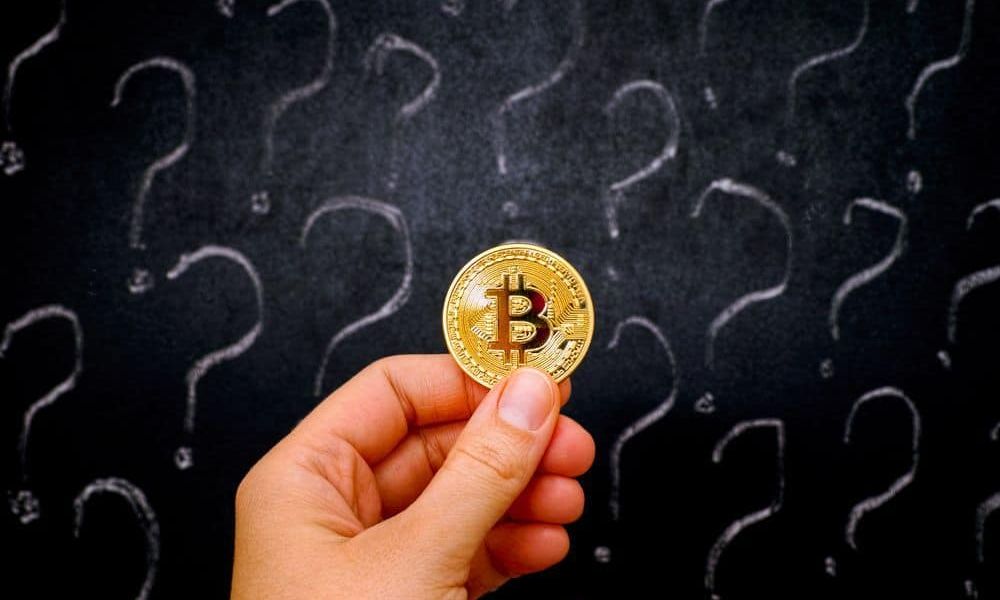Bitcoin Could Hit $1 Million Sooner Than Expected, According to Crypto Expert
09.03.2025 8:00 1 min. read Alexander Zdravkov
Bitcoin advocate and Jan3 CEO Samson Mow is doubling down on his bold prediction that BTC could skyrocket to $1 million, suggesting it may happen much sooner than anticipated.
His latest remarks come in response to a White House post on X, where he highlighted how shifting U.S. policies could fast-track Bitcoin’s climb.
Mow had previously set 2031 as the target for Bitcoin’s seven-figure milestone, but with the U.S. government now taking a more pro-crypto stance, he believes the timeline could accelerate. The shift stems from recent executive actions by former President Donald Trump, which have eased regulatory pressures and signaled stronger institutional backing for Bitcoin.
A key turning point was the White House Crypto Summit, where Trump pledged to position the U.S. as a global crypto leader. His administration has rolled back restrictions, with the SEC ending legal actions against major firms, and has even introduced a Strategic Bitcoin Reserve—an initiative to hold rather than sell BTC, with the Treasury exploring additional acquisitions.
Despite Bitcoin trading between $80,000 and $90,000, demand from institutional investors and the rise of Bitcoin ETFs continue to fuel optimism. Mow believes the U.S. government’s shift could influence other nations to adopt similar strategies, potentially driving Bitcoin’s price to new heights much faster than expected.
-
1
Robert Kiyosaki Buys More Bitcoin, Says He’d Rather Be a ‘Sucker Than a Loser’
02.07.2025 22:00 1 min. read -
2
This Week in Crypto: Whale Accumulation, Ethereum Signals, and a Sentiment Shake-Up
05.07.2025 21:00 3 min. read -
3
BlackRock’s IBIT Bitcoin ETF Surpasses 700,000 BTC in Record Time
08.07.2025 19:00 2 min. read -
4
Veteran Trader Peter Brandt Shares Simple Wealth Strategy with Bitcoin at Its Core
30.06.2025 15:00 2 min. read -
5
Bitcoin Tops Crypto Social Buzz as $110,000 Milestone Fuels Market Debate
04.07.2025 8:15 3 min. read
Bitcoin ETFs Attract Over $2 billion in Weekly Inflows: What’s Driving the Gains?
Bitcoin ETFs in the U.S. recorded $2.39 billion in net inflows over the past week, according to data from Farside Investors, marking one of the strongest capital surges since their launch.
Weekly Crypto Roundup: Bitcoin Hits ATH, Ethereum Surges, Trump Advances Crypto Reforms
Analyzing the latest updates shared by Wu Blockchain, this past week underscored a pivotal shift in the crypto landscape. Bitcoin surged to a new all-time high of $123,226, pushing the overall crypto market cap beyond $4 trillion—a milestone reflecting renewed investor confidence and accelerating institutional flows.
Over $5.8 Billion in Ethereum and Bitcoin Options Expired Today: What to Expect?
According to data shared by Wu Blockchain, over $5.8 billion in crypto options expired today, with Ethereum leading the action.
IMF Disputes El Salvador’s Bitcoin Purchases, Cites Asset Consolidation
A new report from the International Monetary Fund (IMF) suggests that El Salvador’s recent Bitcoin accumulation may not stem from ongoing purchases, but rather from a reshuffling of assets across government-controlled wallets.
-
1
Robert Kiyosaki Buys More Bitcoin, Says He’d Rather Be a ‘Sucker Than a Loser’
02.07.2025 22:00 1 min. read -
2
This Week in Crypto: Whale Accumulation, Ethereum Signals, and a Sentiment Shake-Up
05.07.2025 21:00 3 min. read -
3
BlackRock’s IBIT Bitcoin ETF Surpasses 700,000 BTC in Record Time
08.07.2025 19:00 2 min. read -
4
Veteran Trader Peter Brandt Shares Simple Wealth Strategy with Bitcoin at Its Core
30.06.2025 15:00 2 min. read -
5
Bitcoin Tops Crypto Social Buzz as $110,000 Milestone Fuels Market Debate
04.07.2025 8:15 3 min. read


